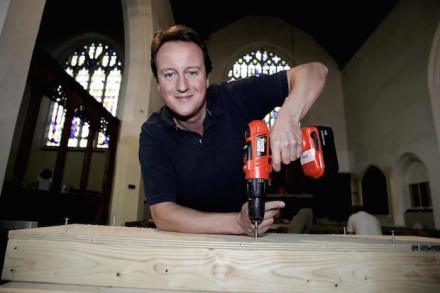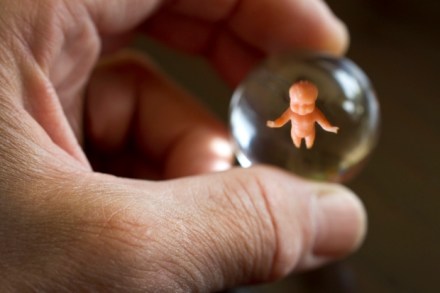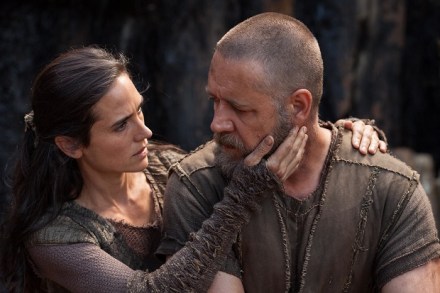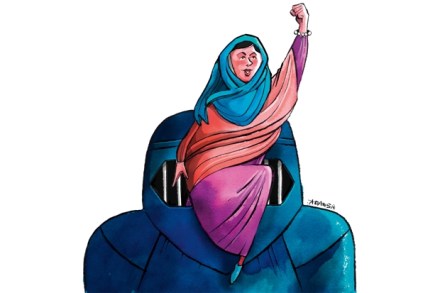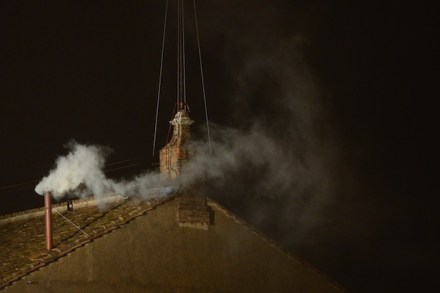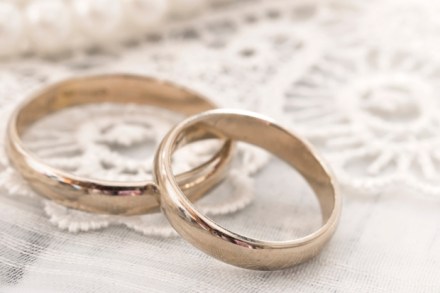It’s not acceptable to pass off halal food without telling us
It matters; it really does, if meat from animals conscious when killed is being passed off on us by stealth by supermarkets, schools and restaurants. It wouldn’t be just an imposition on the squeamish but a large-scale taking of liberties by the big food retailers which would affect most carnivores in Britain who shop in supermarkets and eat in chain restaurants, viz, the majority of us. The Mail reported today that the default option for many retailers is to sell meat that has been ritually slaughtered according to Islamic requirements. And ritual slaughter can mean not stunning the animal before killing it. What we need to know is:





